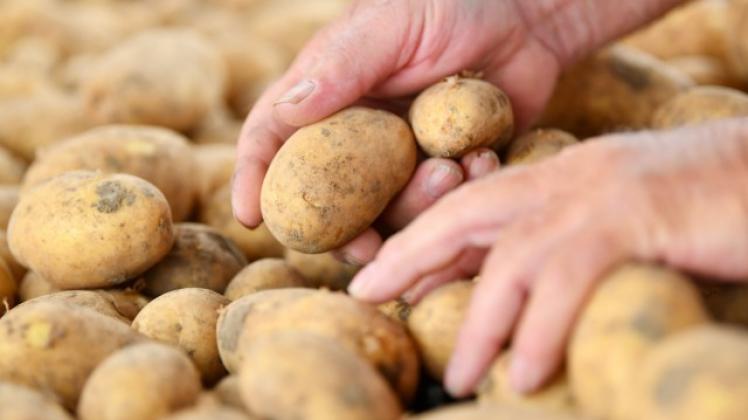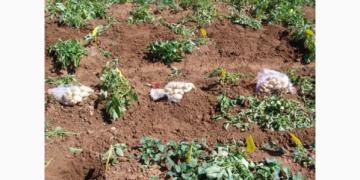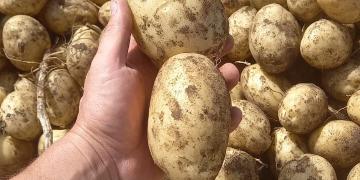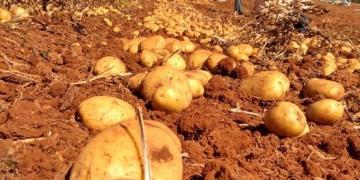China: State-mandated potato diet
China’s state-owned enterprises have been producing an overabundance of goods in traditional industries for years. With cheap steel and aluminum they are flooding the world markets, shaking up manufacturers all over the world.

Now, a government-mandated, but less conspicuous sector is booming in the country: the potato market. It was apparently triggered by China’s national program to combat poverty.
Although national wealth has grown enormously since opening up economically 40 years ago, millions of people have been liberated from poverty all over the country. But away from the large cities, there is still great need. In the west of the country, some 30 million people are living on less than 80 cents a day.
President Xi Jinping has made poverty reduction an important goal of his policies. The government is investing billions each year to improve infrastructure in these remote areas. Companies are offered tax breaks if they are involved in economically weak regions. In some regions, such as Meigu County in Sichuan Province, farmers were supported when growing potatoes. This was also done with money from the World Bank. The potato plant, which originally comes from Latin America, is robust and needs significantly less water than rice or wheat. This is an important factor, as China suffers from water scarcity.
In the county of Meigu there is extreme drought, since in the 1990’s, many forests were cut down there. However, the state cultivation plan was so successful that the farmers do not know where to go with all their potatoes. China is divided not only into provinces, but people from different regions have different dietary preferences as well. In the north, people like to eat foods containing wheat, like mantou, a kind of Chinese steamed noodle, and pasta. In the south, there is hardly a dish that is served without rice. Potatoes are loved nationwide. However, preferably dipped in vinegar or oil and cut into strips - as a vegetable.
For a long time, the government is trying to make the potato more popular with its people. This could not only secure an income for farmers in drier areas, but could also quench the hunger of the growing population, which is what Beijing strives for. For this, the state has developed recipes and it is promoting the high vitamin C-content of the potato. So far, however, people do not seem to be dissuaded from their eating habits.
Now, Beijing has asked its state-owned enterprises and universities to support the peasants. Businesses responded to the appeal by simply forcing their employees to buy potatoes. Some universities changed their canteen menus. In the western Chinese city of Chengdu, a college repeatedly bought five tons of vegetables. To get rid of these, the canteen announced ’potato days’. Since people in China eat a hot meal three times a day, students were offered chips in the morning, at noon and in the evening. After the initial euphoria -triggered by apparently very tasty mashed potatoes- quite a few students soon lost their appetite for the tuber.
Fuente: sueddeutsche




